 Automobile accidents can be terrifying experiences. Severe automobile accidents that involve injuries can be truly devastating and life altering. In the event one is injured in an automobile accident, he/she has several options available to him/her in obtaining compensation for his/her losses. More specifically, one may have a claim against the other driver(s) who caused the automobile accident or have the ability to bring a claim against the other driver’s insurance company. Depending on the circumstances of the automobile accident, one may also have the ability to bring a claim against his/her own insurance company for compensation.
Automobile accidents can be terrifying experiences. Severe automobile accidents that involve injuries can be truly devastating and life altering. In the event one is injured in an automobile accident, he/she has several options available to him/her in obtaining compensation for his/her losses. More specifically, one may have a claim against the other driver(s) who caused the automobile accident or have the ability to bring a claim against the other driver’s insurance company. Depending on the circumstances of the automobile accident, one may also have the ability to bring a claim against his/her own insurance company for compensation.
An insurance company is required to act in good faith with any individual making a claim, regardless of whether he/she is a policyholder with said insurance company. Generally, an insurance company has acted in bad faith if it fails to fulfill the obligations stipulated in the insurance policy language or if it fails to abide by the laws of the state where the claim has been filed. Some examples of bad faith include but are not limited to: refusing to pay a claim owed; failing to timely pay a claim owed; requiring unreasonable unnecessary paperwork to process the claim filed; failing to deny a claim within a reasonable amount of time; and failing to explain the reasons(s) for why a claim is denied. Consequently, having a great attorney who is competent in identifying bad faith can assist you pursuing a legal claim against the insurance company for its actions, while also assisting you with the original claim presented to the insurance company for the property damage and bodily injury you suffered in the automobile accident.
The following case out of East Baton Rouge, Louisiana is an example of an insurance company acting in bad faith and being legally penalized for doing so. On May 20, 2010, the plaintiffs, Dedra and Sheddrick Griffin filed a petition for damages against State Farm Mutual Automobile Insurance Company as a result of an automobile accident that occurred on January 13, 2010. On January 13, 2010, Jacob P. Savoy driving a 2001 Mitsubishi Spyder struck Mr. and Mrs. Griffin driving a 2000 Infiniti I30 from behind while traveling eastbound on U.S. Highway 190 in West Baton Rouge, Louisiana. The accident caused extensive property damage and personal injuries to Mr. and Mrs. Griffin. More specifically, Mrs. Griffin, the driver of the Infiniti sustained injuries to her shoulder, neck, and chest wall, in addition to aggravating pre-existing injuries to her neck, back, and legs, while Mr. Griffin sustained injuries to his left knee, chest wall, and back. Mr. and Mrs. Griffin were both treated by Dr. David Wyatt, an orthopedic surgeon. At the time of the accident, Allstate Insurance Company insured Mr. Savoy with liability limits of $10,000.00/$20,000.00, while State Farm insured Mr. and Mrs. Griffin.
 The National Flood Insurance Program, or NFIP, was Congress’ approach to providing flood coverage at affordable rates. Generally, through the program homeowners can buy a Standard Flood Insurance Policy, or SFIP, from the Federal Emergency Management Agency, or from private insurers. According to the Court of Appeals for the Fifth Circuit, the SFIP outlines the conditions and requirements under which federal funds may be distributed to eligible policyholders. See Marseilles Homeowners Condo. Ass’n, Icn. v. Fidelity Nat’l Ins. Co., 542 F.3d 1053, 1054 (5th Cir. 2008). It is these requirements, or rather not following them to the letter, that sometimes stop homeowners from receiving their coverage.
The National Flood Insurance Program, or NFIP, was Congress’ approach to providing flood coverage at affordable rates. Generally, through the program homeowners can buy a Standard Flood Insurance Policy, or SFIP, from the Federal Emergency Management Agency, or from private insurers. According to the Court of Appeals for the Fifth Circuit, the SFIP outlines the conditions and requirements under which federal funds may be distributed to eligible policyholders. See Marseilles Homeowners Condo. Ass’n, Icn. v. Fidelity Nat’l Ins. Co., 542 F.3d 1053, 1054 (5th Cir. 2008). It is these requirements, or rather not following them to the letter, that sometimes stop homeowners from receiving their coverage. Louisiana Personal Injury Lawyer Blog
Louisiana Personal Injury Lawyer Blog


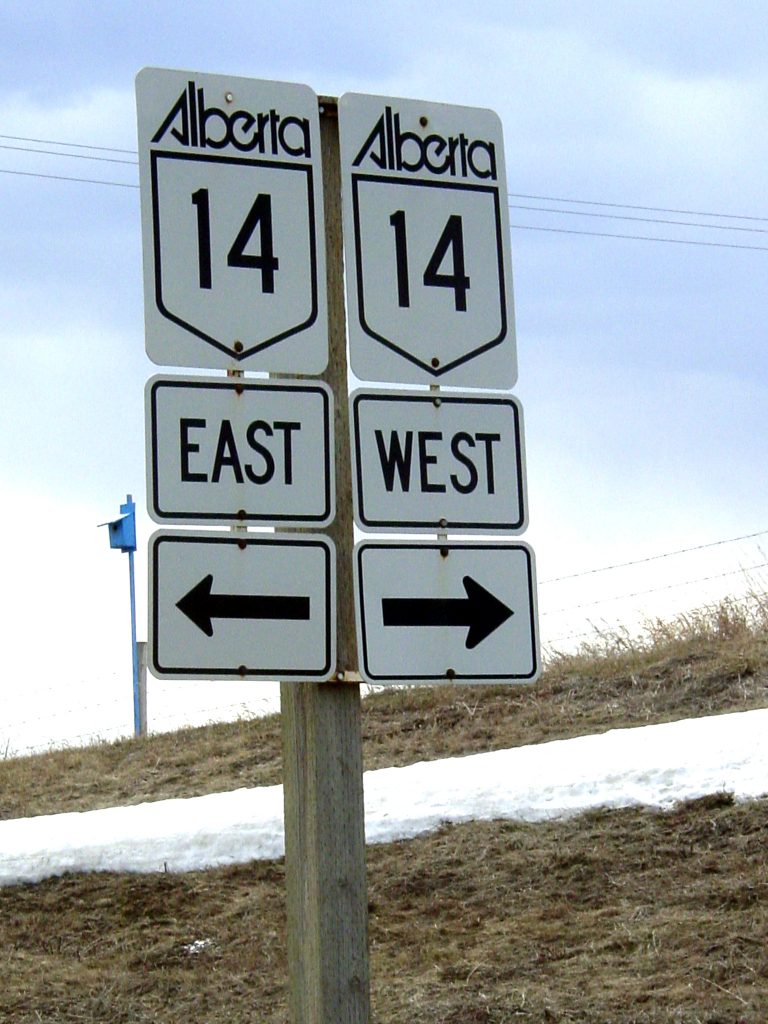 Underinsurance policies provide drivers an extra layer of protection. These policies compensate drivers for injuries suffered in accidents with uninsured or underinsured drivers, but the process of claiming under these policies can be problematic. Ted Luquette encountered this difficulty after he was injured in a car accident in Abbeville.
Underinsurance policies provide drivers an extra layer of protection. These policies compensate drivers for injuries suffered in accidents with uninsured or underinsured drivers, but the process of claiming under these policies can be problematic. Ted Luquette encountered this difficulty after he was injured in a car accident in Abbeville.  Lawsuits that are rooted in car accidents are typically cut and dry; it is easy to determine the party at fault and to determine the party that should pay for the costs of damage. However, a case arising out of Monroe proves that this is not always the case. This perplexing lawsuit involves a situation in which the at-fault party was not covered under the vehicle’s insurance.
Lawsuits that are rooted in car accidents are typically cut and dry; it is easy to determine the party at fault and to determine the party that should pay for the costs of damage. However, a case arising out of Monroe proves that this is not always the case. This perplexing lawsuit involves a situation in which the at-fault party was not covered under the vehicle’s insurance. 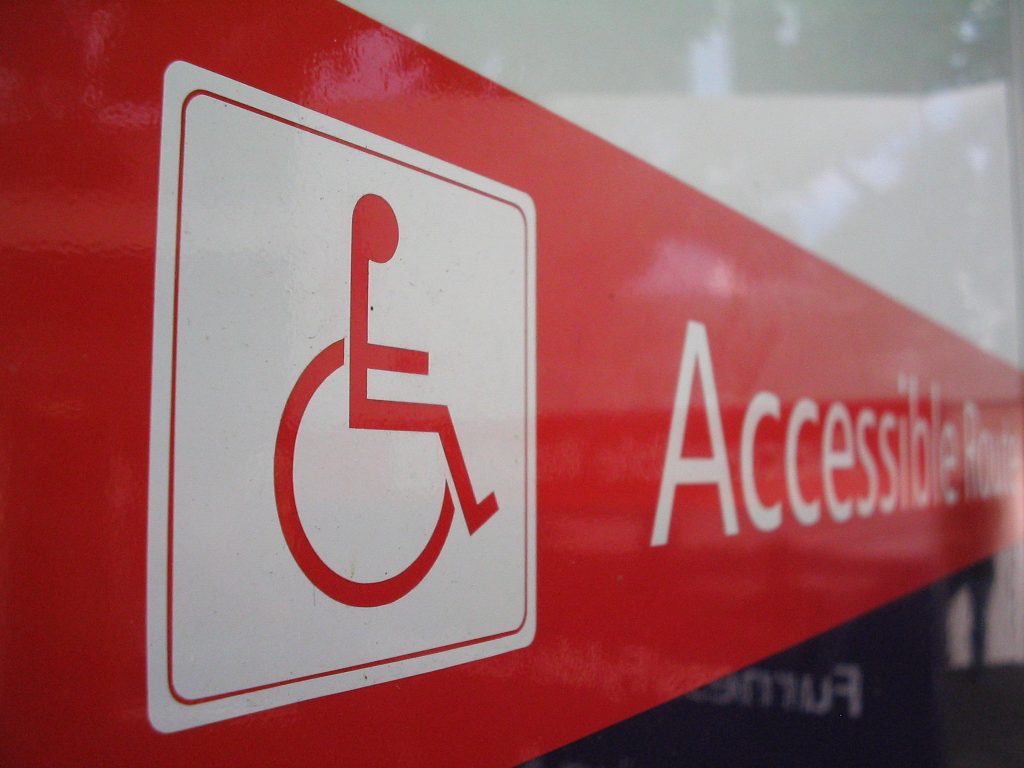 Navigating an ERISA disability insurance claim through the courts can be a difficult task. The best ERISA disability isurance claim lawyers can help be your guide to ensure your rights are protected. The following case that arises out of the Federal Court system in New Orleans demonstrates the issues that can arise when you fail to timely provide the required documents to prove your case and your insurer denies your disability claim.
Navigating an ERISA disability insurance claim through the courts can be a difficult task. The best ERISA disability isurance claim lawyers can help be your guide to ensure your rights are protected. The following case that arises out of the Federal Court system in New Orleans demonstrates the issues that can arise when you fail to timely provide the required documents to prove your case and your insurer denies your disability claim.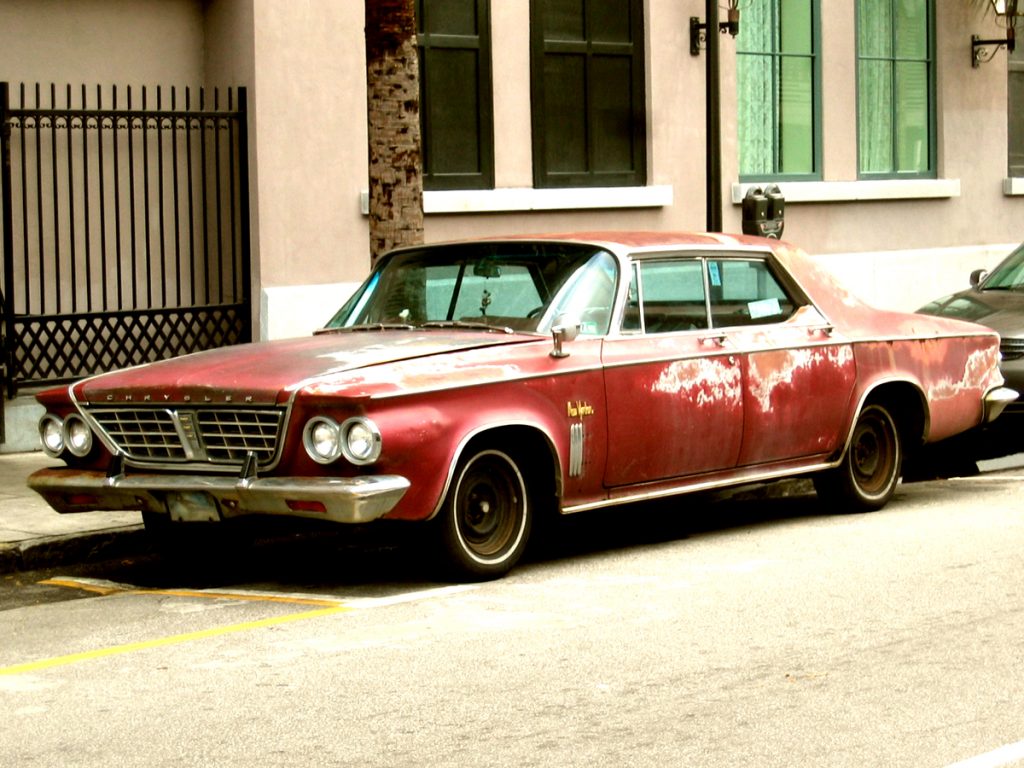 When multiple auto insurance policies are involved after an auto accident it may be difficult to tell which one is controlling. When a mother’s car broke down she borrowed a car from a friend to take her children to daycare. While on the way to drop her kids off she accidentally rear-ended the car of another driver on Highway 139 in Ouachita Parish, Louisiana. When the time came to determine whose car insurance was controlling a lawsuit was filed to resolve this question.
When multiple auto insurance policies are involved after an auto accident it may be difficult to tell which one is controlling. When a mother’s car broke down she borrowed a car from a friend to take her children to daycare. While on the way to drop her kids off she accidentally rear-ended the car of another driver on Highway 139 in Ouachita Parish, Louisiana. When the time came to determine whose car insurance was controlling a lawsuit was filed to resolve this question.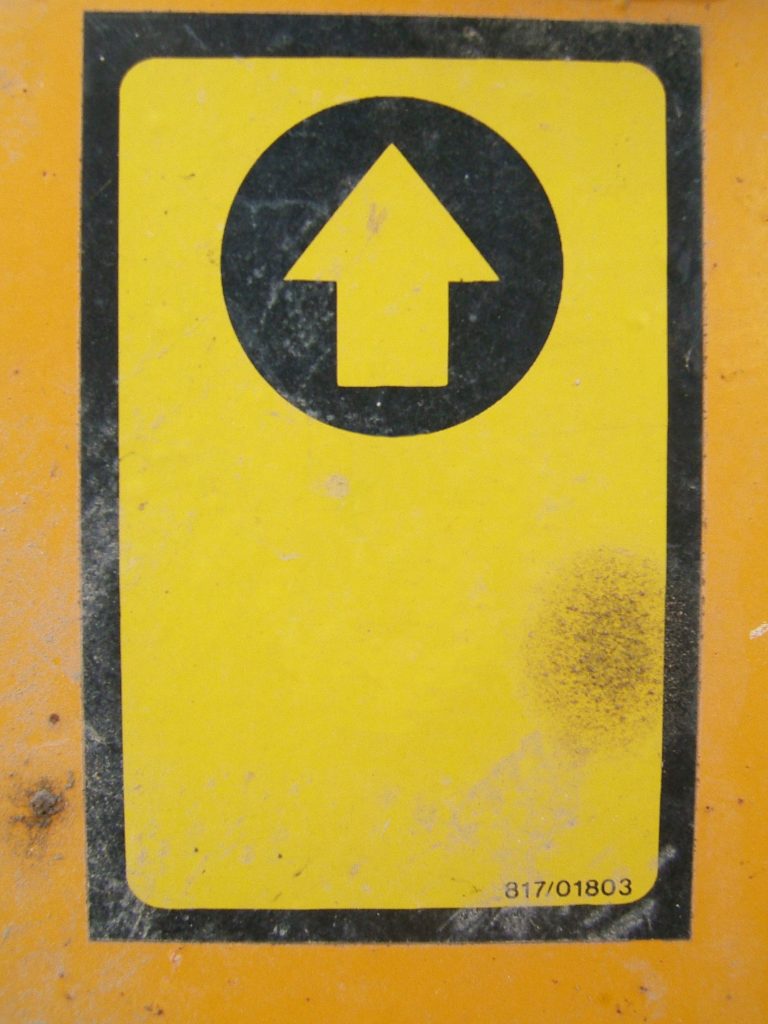 Generally, a driver who is insured for a vehicle they own will remain insured if they use a vehicle they don’t normally use. To limit this, insurance policies commonly contain a regular use exclusion, which will exclude an insurance company from liability when the insured driver uses another vehicle they don’t own, but use regularly. In a recent case, the Louisiana Second Circuit Court of Appeal had to determine whether the exclusion in the defendant’s insurance policy applied to a truck the defendant drove as part of his work.
Generally, a driver who is insured for a vehicle they own will remain insured if they use a vehicle they don’t normally use. To limit this, insurance policies commonly contain a regular use exclusion, which will exclude an insurance company from liability when the insured driver uses another vehicle they don’t own, but use regularly. In a recent case, the Louisiana Second Circuit Court of Appeal had to determine whether the exclusion in the defendant’s insurance policy applied to a truck the defendant drove as part of his work.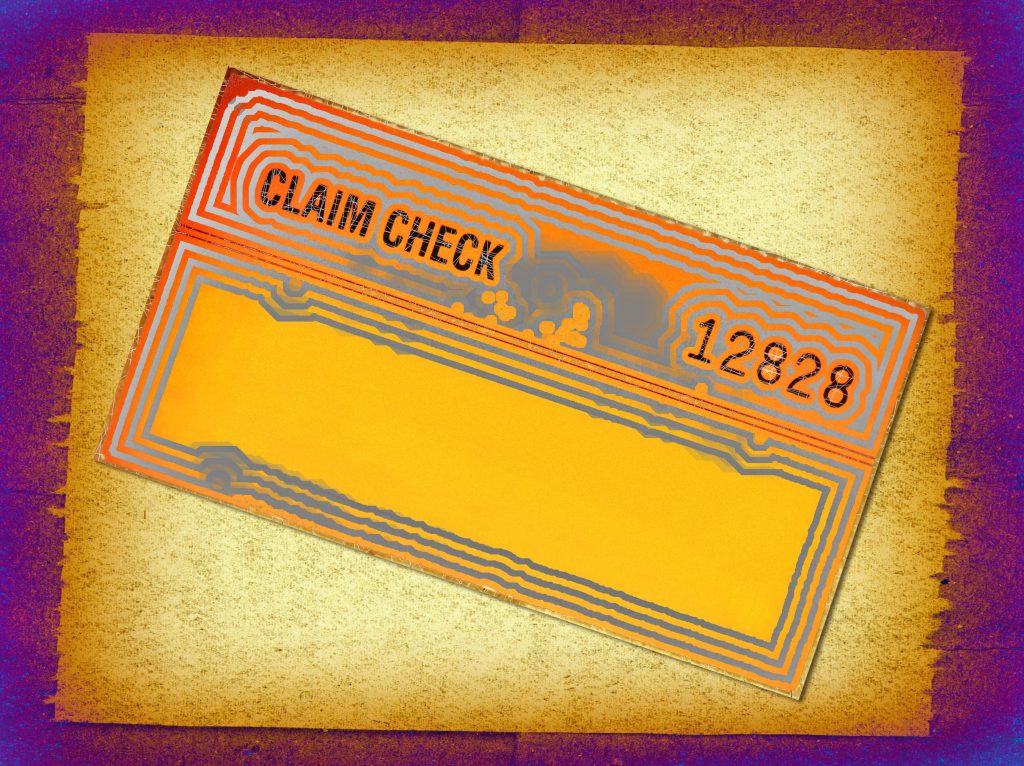 When plaintiffs sue based upon statutes, legal decisions often hinge upon how the statute is interpreted. In many cases, this can depend on how the court interprets the meaning of a single word within the statute. In order to interpret legal statutes, courts employ a process known as statutory construction. In this case the court utilized statutory construction to determine that the meaning of “claim” used in the Louisiana Revised Statutes did not apply to a final “judgment” issued by a court.
When plaintiffs sue based upon statutes, legal decisions often hinge upon how the statute is interpreted. In many cases, this can depend on how the court interprets the meaning of a single word within the statute. In order to interpret legal statutes, courts employ a process known as statutory construction. In this case the court utilized statutory construction to determine that the meaning of “claim” used in the Louisiana Revised Statutes did not apply to a final “judgment” issued by a court. Automobile accidents can be terrifying experiences.
Automobile accidents can be terrifying experiences. Concursus proceedings can be complicated. In a concursus proceeding, multiple parties assert competing claims to money or property.
Concursus proceedings can be complicated. In a concursus proceeding, multiple parties assert competing claims to money or property.  A car accident can create a significant change in one’s life. If nothing else, it can generate a large monetary cost that will be difficult to repay. Automobile insurance, which each person must have to a certain extent, can help with this cost. Other sources like governmental benefits may be of help to some, but it is essential to understand how public benefits and private insurance policies may interact. Louisiana law requires that a person who is suing an insurance company, such as the insurer of another driver at fault for a car accident, must exhaust any other insurance policies that the plaintiff may be entitled to benefits.
A car accident can create a significant change in one’s life. If nothing else, it can generate a large monetary cost that will be difficult to repay. Automobile insurance, which each person must have to a certain extent, can help with this cost. Other sources like governmental benefits may be of help to some, but it is essential to understand how public benefits and private insurance policies may interact. Louisiana law requires that a person who is suing an insurance company, such as the insurer of another driver at fault for a car accident, must exhaust any other insurance policies that the plaintiff may be entitled to benefits.